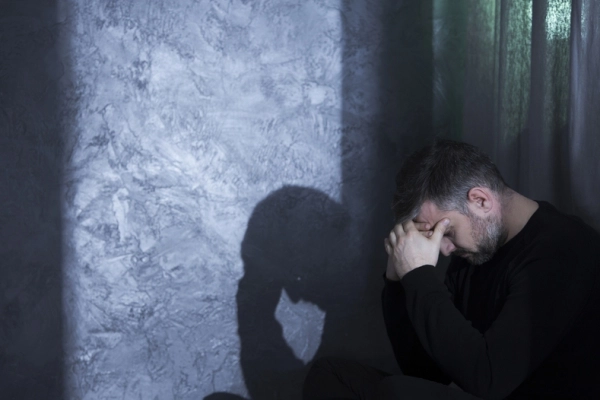What is Seasonal Affective Disorder?

People can wake up on grey, rainy days feeling a little down, but seasonal affective disorder (SAD) is a clinical disorder that comes and goes with the seasons.
For some people who grapple with a substance use disorder, seasonal affective disorder can complicate their addiction recovery. What is SAD? How does it impact your progress in addiction recovery? Furthermore, why is it important to choose a rehab facility that treats co-occurring conditions like SAD?
What Is Seasonal Affective Disorder?
Seasonal affective disorder is a type of depression stemming from a lack of sunlight and warmth. It is a real condition that affects some people in the winter when it is cold and they are stuck indoors. According to American Family Physician, 4 to 6 percent of the population experiences winter depression, the most popular type of SAD.
Work productivity can decline and clinical depression can set in as people with SAD retreat from the world and experience depression. Many individuals with this disorder experience these debilitating symptoms and turn to alcohol or drugs to try to feel better. But these substances can complicate recovery. For those who have seasonal affective disorder and a substance use disorder, drug rehab can be an effective, if challenging, solution.
How Does SAD Complicate Drug Rehab?
Seasonal affective disorder is just one of a family of co-occurring disorders that can slow down your progress in drug rehab. Common symptoms of SAD include:
- Hopelessness and feeling that nothing matters
- An overwhelming sense of sadness
- A lack of joy or enjoyment in normal activities
- Weight gain or weight loss
- An increased need to sleep and heavy exhaustion
- An inability to focus or concentrate
- Agitation and irritability

SAD CAN LEAD TO ADDICTION OR COMPLICATE RECOVERY.
Seasonal affective disorder is an isolating disease as people typically withdraw from the world and sink deeper into depression. While SAD is common, the Mayo Clinic points out that doctors are not sure exactly what causes the disorder, just that the reduction in daytime hours and lack of sunlight during the winter fosters the symptoms.
Ironically, SAD can actually contribute to addiction, as people suffering from low self-esteem and depressive thoughts that come with the disorder could turn to drugs or alcohol to try to feel better.
For people already dealing with addiction, SAD can be a debilitating hurdle to getting better. Fortunately, there are Washington State addiction treatment resources that can help.
Drug Rehab That Treats SAD and Other Co-Occurring Disorders
The good news is that seasonal affective disorder is highly treatable. When considering drug rehab, look for treatment centers that offer care for co-occurring disorders. Contact The Recovery Village Ridgefield to find out more about admissions and treatment options for substance use disorders and co-occurring disorders like SAD.




